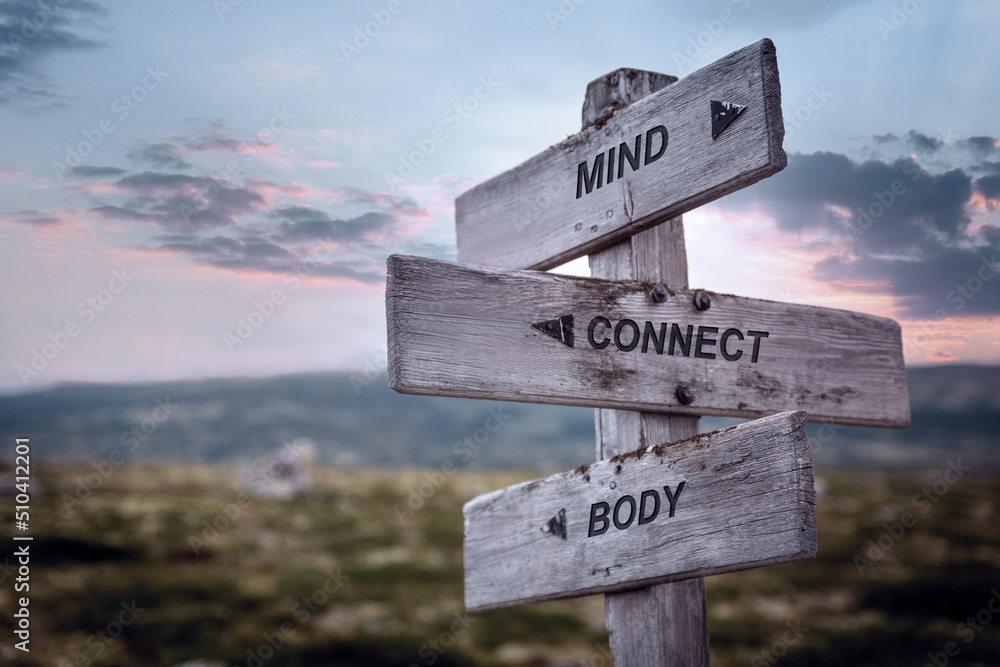Mind Body Medicine Project
Since 2018 White Earth Land Recovery Project has supported Indigenous Mind Body Medicine groups virtually across Indian Country and on the White Earth Indian Reservation. This curriculum is lead by Dr. JoAnne Riegert and others who are working towards their certification through the Center of Mind Body Medicine. (cmbm.org)
Currently, a grant through the Sauer Family Foundation is allowing us to expand the work to reach the early childhood population.
Mind-body medicine practices are highly beneficial for young children because they help cultivate self-awareness, emotional regulation, and resilience during critical stages of development. These practices—such as mindful breathing, guided imagery, yoga, movement, and relaxation techniques—are grounded in the understanding that the mind and body are deeply interconnected. When introduced early, they offer lasting tools for physical, emotional, and cognitive well-being.
Key Benefits of Mind-Body Practices for Young Children:
1. Emotional Regulation and Stress Reduction:
Children often struggle to understand or express their emotions, especially in stressful or overstimulating environments. Mind-body practices teach them to pause, notice their feelings, and calm themselves through breathing or movement. This helps reduce anxiety, anger, and impulsivity.
2. Improved Focus and Attention:
Practices like mindfulness and deep breathing improve attention span and concentration—especially important in learning environments. These tools can be particularly helpful for children with ADHD or sensory processing challenges.
3. Physical Health and Body Awareness:
Gentle yoga and mindful movement help children become aware of their bodies, improve coordination, and build healthy posture and strength. These activities also support immune function and cardiovascular health by lowering stress hormones.
4. Social and Interpersonal Skills:
By learning to self-regulate, children become better able to engage cooperatively with peers. Mind-body practices often include group activities that build empathy, patience, and respectful communication.
5. Trauma-Informed Support:
For children who have experienced trauma, these practices offer non-verbal, body-based pathways to healing. They help restore a sense of safety and control in the body, which is essential for long-term emotional recovery.
6. Lifelong Coping Tools:
Perhaps most importantly, teaching these techniques early gives children lifelong skills for managing stress, maintaining balance, and approaching challenges with resilience and self-compassion.
Incorporating mind-body medicine into early childhood education, community programs, or family life can create a foundation for healthier, happier, and more emotionally resilient individuals.
